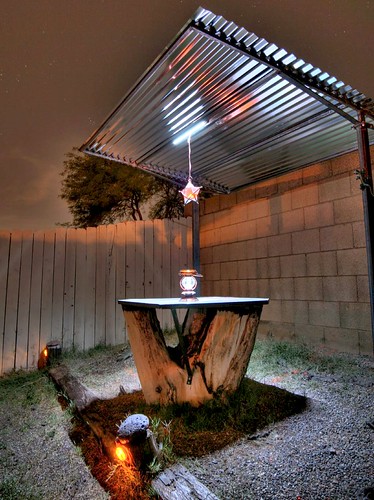 Other highly useful alternative illuminating gadget which, like the home and the rv solar panels, utilize the ever flowing energy from the sun as a major source of power are the solar powered LED lanterns. More popularly known in the industry as the LED, it is a device that produces quality form of light as soon as a consistent flow of electric current goes through it. Basically, the latter is converted into power that will produce the necessary light for both the insides and exteriors of a home.
Other highly useful alternative illuminating gadget which, like the home and the rv solar panels, utilize the ever flowing energy from the sun as a major source of power are the solar powered LED lanterns. More popularly known in the industry as the LED, it is a device that produces quality form of light as soon as a consistent flow of electric current goes through it. Basically, the latter is converted into power that will produce the necessary light for both the insides and exteriors of a home.The LED lantern has a special type of solar panel that's built in, effectively gathering the needed energy from the sun. Such energy is stored as power. When buying and utilizing this gadget, it is a must that you properly connect the panels into the lantern. At the same time, see to it that the panels are exposed totally to strong rays of the sun for eight up to ten hours. Such sun exposure requirement is dependent on the specification of the lantern. The right exposure is meant for the solar batteries to be charged. Such lantern with fully-charged batteries will be able to offer bright light that will last up to more than a day. The usual light emitting diode lantern that is available in stores has AC/DC power supply, adapter, and rechargeable batteries.
Likewise, this special lantern is the best alternative for the common fuel and kerosene lamps. The latter gadgets are known to be messy and often the cause of unwanted accidents such as body burns and property fires. Consequently the non-use of fuel lamps means no more fuel spills, mess and strong fumes.
This lighting gadget is ideal to be used during brownouts (power failure), and camping and hiking activities. They are also meant to be used by hikers and mountaineers who love to stay outdoors overnight. These solar LED lantern lights are also perfect for lighting small boats. They can also be used during emergency situation. The best things about these special lanterns is that they are very light, handy, and easy to use.
Best of all, the light emitting diode lantern is another green-oriented product that's meant to be used to ensure a healthier environment. Finally, it is one of the most wonderful ways by which we can take advantage of the enormous and free solar energy. Image source: RightBrainPhotography